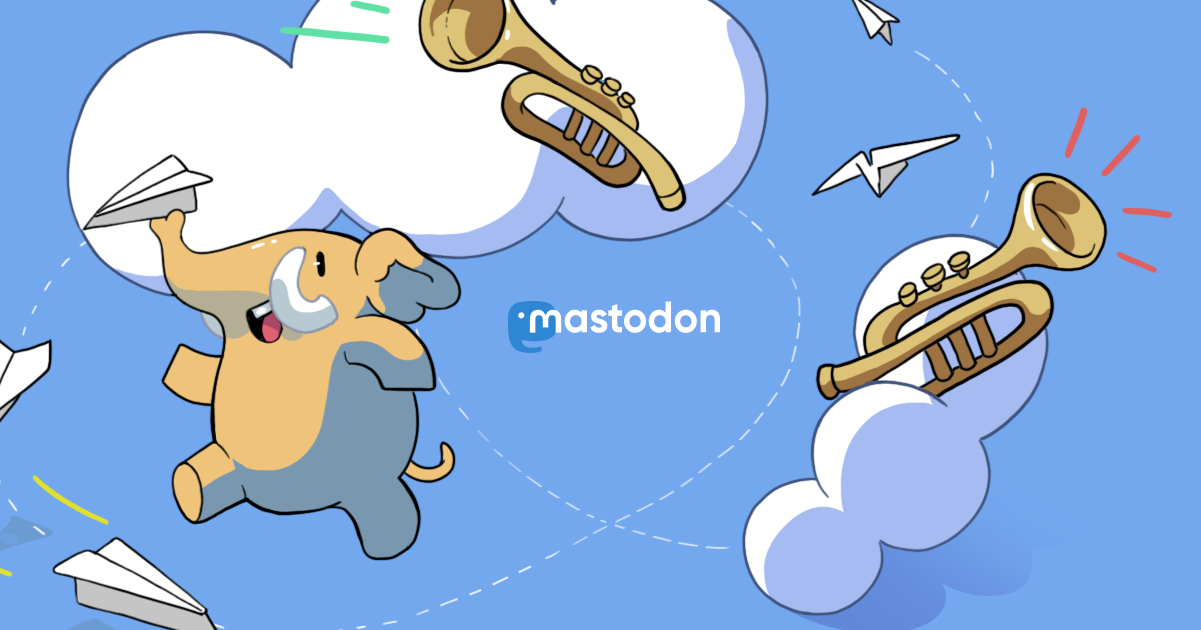@cwebber seems like they really ought to prominently specify the licensing when you set up copilot tbh
especially considering it's github
@cwebber oh actually they do! it's in the "protecting originality" section of the faq
Who owns the code GitHub Copilot helps me write?
GitHub Copilot is a tool, like a compiler or a pen. The suggestions GitHub Copilot generates, and the code you write with its help, belong to you, and you are responsible for it. We recommend that you carefully test, review, and vet the code, as you would with any code you write yourself.
Do I need to credit GitHub Copilot for helping me write code?
No, the code you create with GitHub Copilot’s help belongs to you. While every friendly robot likes the occasional word of thanks, you are in no way obligated to credit GitHub Copilot. Just like with a compiler, the output of your use of GitHub Copilot belongs to you.
i guess that answers that?
@cwebber free software licenses depend on copyright
how should that work in practice? every so called intellectual property is public domain?
can we still have copyleft somehow?
microsoft would still not give us their code but use ours without contributing back. so without strong copyleft licenses we seem to be worse off
@davidak Copyright didn't exist on software until 1980. Before then, everything was public domain, yes. That's also when the plague of proprietary software became serious.
If you could go back in time and choose between a timeline where intellectual restrictions laws either did or didn't apply to software altogether, which reality would you choose? Which would be better for user freedom?
@davidak In such a timeline, it would also not be illegal to reverse engineer blobs.
The only thing you'd "lose" is the ability to use copyright to do the copyleft hack of requiring source distribution.
But that almost never happens these days anyway; the cases where copyleft is enforced is rare. And what of things like genetic programming, where there is no distinction between the "blob" and source?
Copyleft is a useful tool to *counteract* copyright in the world we *do* live in.
@cwebber i don't want to defend copyright, but what would we gain in practice?
we would loose copyleft, so google and amazon etc. will use more public code. closed software profits
we could use reverse engineering, but is that such big advantage? it is legal in some cases
i'm really not sure about this topic, that's why i ask.


 Shlee fucked around and
Shlee fucked around and
